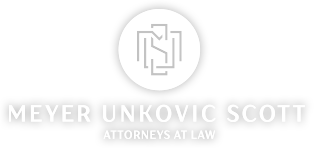Do not delay in preparing your H-1B visa applications as the demand is great, and it is likely that the U.S. Citizenship and Immigration Services (USCIS) will receive more applications than there are available H-1B visas. There is an annual cap of 65,000 for foreign national employees holding the equivalent of a U.S. Bachelor’s degree and an additional 20,000 visas available for employees with a U.S. Master’s degree or higher. Because of the increased demand, in the past several years the USCIS has conducted a lottery to select an appropriate number of applications for consideration of H-1b eligibility.
To be selected in the lottery, employers must file on or about April 1, 2016 for employment beginning on October 1, 2016, the first day of the government’s fiscal year. Employers can file H1-B applications no earlier than six months in advance of the anticipated start date; therefore April 1, 2016 marks the beginning of the race for obtaining an H1-B Visa. The USCIS will announce in advance how many days following April 1 it will accept applications. Last year, the USCIS received nearly 233,000 petitions during the filing period. Companies filing for students on Optional Practical Training (OPT) with work authorization expiring after April 1 secure an automatic extension of the student’s work authorization until there is a decision on whether the case is selected and, if selected, the extension continues until October 1, 2016.
Employers need to be aware that every H-1B application requires a Labor Condition Application (LCA) certified by the U.S. Department of Labor (DOL). The DOL takes approximately one week to certify an LCA. If an employer has not previously filed an LCA with the DOL, it may take additional time for the DOL to verify the employer’s Federal Employer Identification Number. Companies need to consider the lead time necessary to prepare an H-1b application.
It is important for companies to carefully prepare their applications as the USCIS has increased its scrutiny and regularly requests additional evidence from employers. Employers can work with counsel to develop detailed explanations as to why the employee qualifies for this visa.
For more information about H-1B visas and other immigration matters, please contact Joel Pfeffer, Elaina Smiley, or Gary M. Sanderson.

